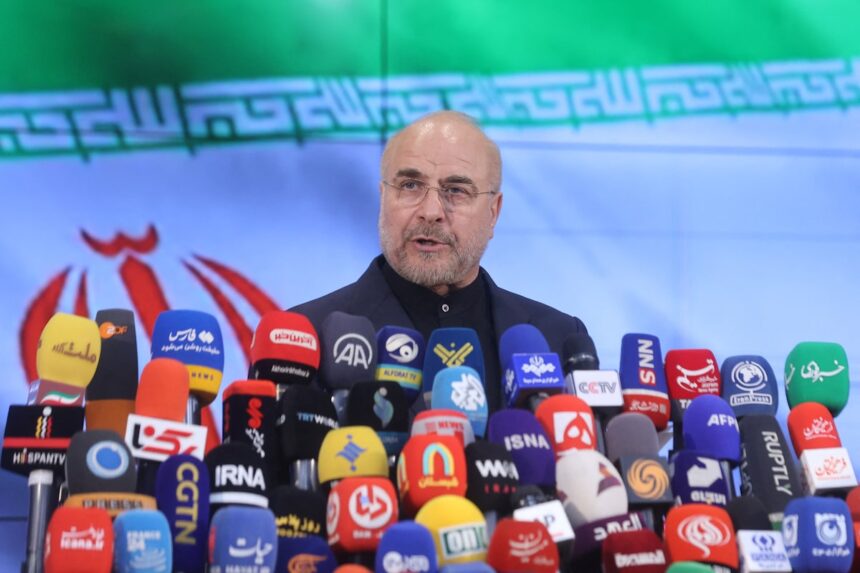Click here to change this text
Iran’s Shia theocracy aims to streamline the election after record-low turnouts in recent votes. Tensions are high due to the country’s advancing nuclear program and the Israel – Palestine conflict, the Arab Weekly reports on June 10th.
Read more: Portugal: Socialists and Liberals Triumph Over the Far-Right in EU Elections
Iran’s Guardian Council approved the hard-line parliament speaker and five others for the June 28 presidential election after a helicopter crash killed President Ebrahim Raisi and seven others. Former President Mahmoud Ahmadinejad, known for the 2009 post-election crackdown, was barred from running again. This decision marks the start of a brief two-week campaign to replace Raisi, a hard-line protégé of Supreme Leader Ayatollah Ali Khamenei.
The Guardian Council, overseen by Supreme Leader Khamenei, approved a list of candidates for the upcoming presidential election. This move seems aimed at facilitating a smoother election after recent low turnouts and amid high tensions over Iran’s advancing nuclear program and the Israel-Hamas conflict.
The Сouncil once again excluded women and those advocating for radical change from the candidate list. The campaign is expected to feature live debates on state TV, billboard advertisements, and stump speeches. While candidates have not detailed their plans, they all promise to improve the economy, which is suffering under US and Western sanctions due to Iran’s nuclear activities, now nearing weapons-grade enrichment.

